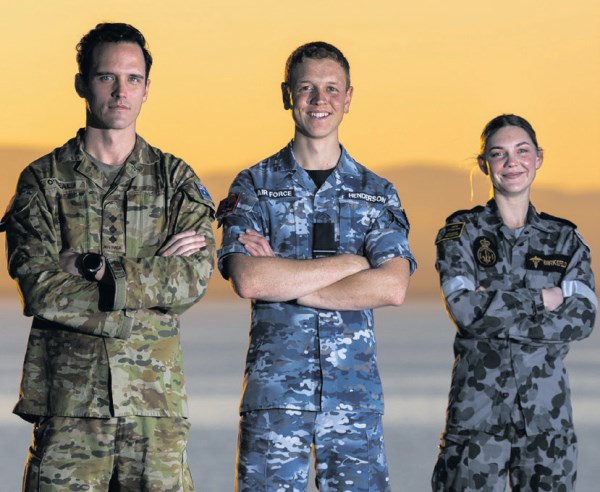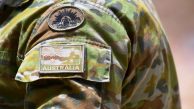
Streamlining ADF Recruitment: Addressing the Challenges
Earlier this year, Australian Minister for Veterans’ Affairs and Defence Personnel, Matt Keogh MP, announced new measures to improve Australian Defence Force (ADF) recruitment. “We are growing our Defence Force as we need, making sure that we’re improving the flow through in our recruitment,” Keogh said in a February 13 interview with 2GB.
Keogh highlighted that the previous 300-day enlistment process deterred many potential recruits. The goal is now to reduce this to 100 days or less with the help of new recruitment partner Adecco.
Historically, the ADF recruitment process was faster. In his memoir, SAS soldier and Victoria Cross recipient Mark Donaldson described a straightforward enlistment in 2002, where he was sworn in and sent to basic training within days of his initial application.
Currently serving and retired ADF personnel confirmed that recruitment in the early 2000s was quicker. One soldier noted it took less than three months from application to departure for basic training.
In the mid-1990s, ADF recruitment was highly successful, meeting targets and even returning part of the marketing budget. However, by 2002–03, the numbers had declined significantly, with only 4,322 members recruited to the permanent force against a target of 5,164.
The ADF faces a recruitment crisis with long wait times, unmet targets, and unappealing incentives for new generations. Addressing this issue requires streamlining the recruitment process and changing public perception of military service. Without significant reforms, the ADF will continue to struggle with recruitment challenges.





One of the reforms needed is the introduction of a Code of Ethics.
The military has been under the spell of an insidious malaise with respect to ethics for decades. Why? … because complacency is easy; it requires neither self-discipline nor courage. Both these qualities are needed, however, if someone is to stand up for what is right and not be cowered by a pervasive culture.
What is to be gained by the ADF embracing a Code of Ethics? In a word, the benefit is Trust … the result of a working environment in which human values are paramount: the dignity of the individual is respected; undertakings are honoured; those in need are helped; and decisions are taken which result in just outcomes. There is no profession in which trust is more important, than the profession of arms.
General Campbell, Chief of the Defence Force, states that: ‘in the profession of arms, acting lawfully is obligatory; acting ethically requires your judgement’. Nearly all Australian commercial and charitable entities have found that clear ethical guidelines are essential. The ultimate legacy, come General Campbell’s retirement, would be to have infused the ADF with a Code of Ethics and for this to have been embraced by members with genuine enthusiasm.”
From application to Kapooka it took me 2 weeks and there were 2 Platoons which started and finished 2 weeks apart. The year was 1963, before National Service when the Military were a Career Choice and a trade could be learnt. Then some Expert came along and stuffed the lot of it.
Talk to the Older Diggers, they know, the younger ones are not aware of what there was once. And the Pollies don’t want the responsibility for being responsible.
I too joined in 1963 and I remember well that it took longer to travel from far Nth Qld to Brisbane and on to Sydney (where was that?) than it took for the recruiting process to be completed. I have two nephews that simply gave up after having all of their documents (birth certificates etc.) lost twice. A 300 or 100 day processing timeline – what other job would take so long?
In the days of peak recruitment and high standards required for enlistment recruiting was carried out by servicemen and women. Maybe Minister Keogh should get the uniforms back into recruiting.
Our government missed out on a perfect opertunity when the chinese boys were out here for recutment in our services they seem to have pleanty of leftovers Ray